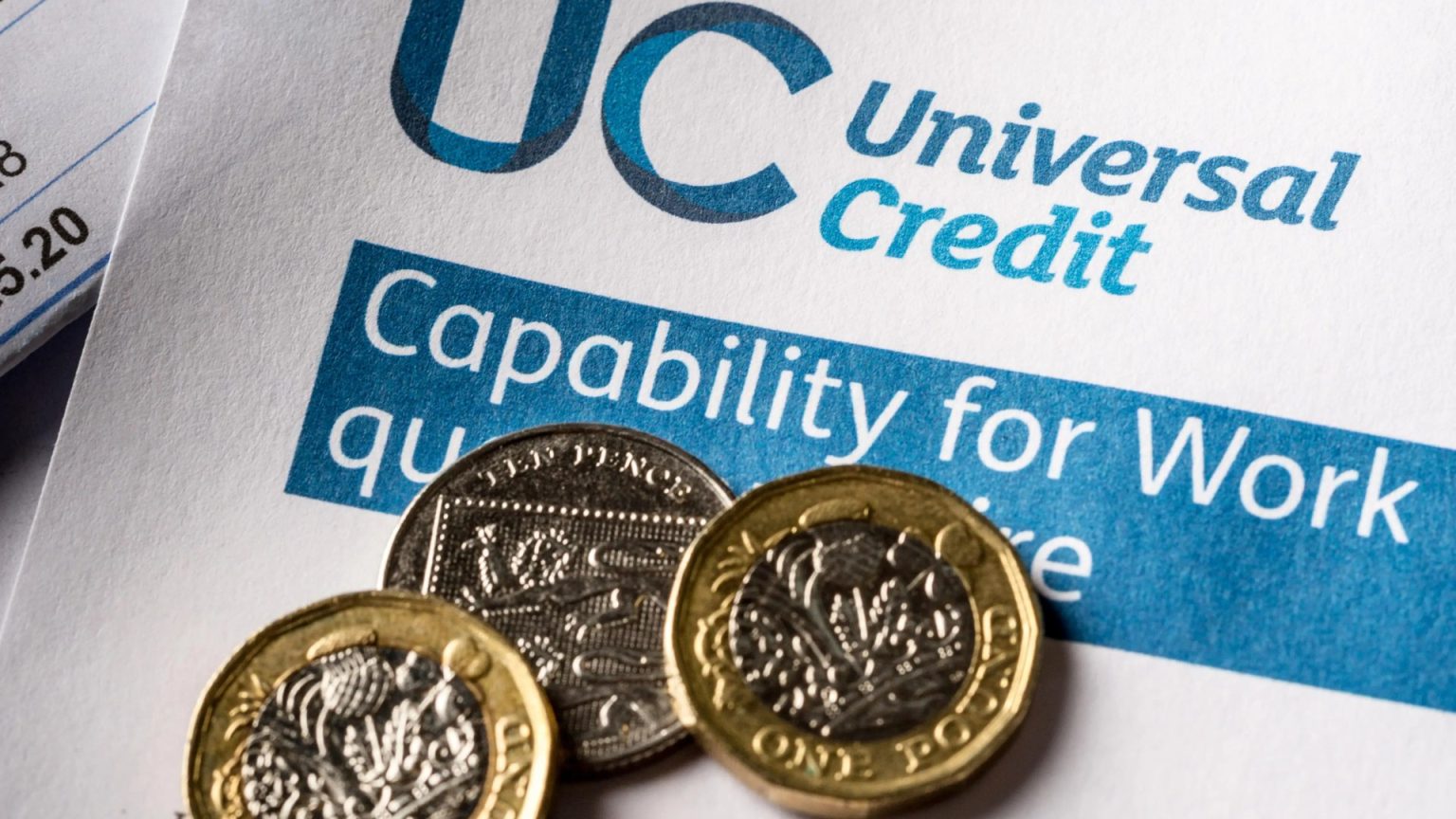The United Kingdom government is undertaking a significant overhaul of its benefits system, transitioning claimants from various legacy benefits to Universal Credit. This multi-year project aims to streamline the benefits system, simplify administration, and ultimately ensure that those in need receive the appropriate support. The migration process involves notifying claimants of the impending change and providing them with a three-month window to apply for Universal Credit. This notice period is crucial, as failing to apply within the stipulated timeframe could lead to a cessation of benefit payments.
The government’s plan involves phasing out legacy benefits, including Tax Credits, Income Support, income-based Jobseeker’s Allowance (JSA), and Housing Benefit, by March 2025. The migration process for these benefits began in September 2024, with the Department for Work and Pensions (DWP) sending out notification letters to approximately 440,000 households. A separate timeline is in place for income-related Employment and Support Allowance (ESA) claimants, with notifications expected to be sent out by December 2025, impacting roughly 800,000 households. This staggered approach allows the DWP to manage the transition effectively, providing support to claimants as they navigate the change.
The migration process, termed “managed migration,” requires active participation from claimants. Upon receiving their migration notice, individuals have three months to submit their Universal Credit application. This deadline is non-negotiable, and failure to comply will result in the termination of existing benefits. It’s crucial for claimants to understand that once the switch to Universal Credit is made, there is no option to revert to the previous benefits. This underscores the importance of careful consideration and timely action upon receiving the notification. The DWP has emphasized the availability of support throughout this process, encouraging claimants to utilize the provided helpline, online resources, or seek guidance from independent organizations like Citizen’s Advice.
Applying for Universal Credit requires creating an online account and providing necessary information, including financial details, housing situation, health conditions, childcare arrangements, and any savings or investments. Applicants will need bank details, an email address, and a phone number to create the account. Proof of identity may also be required, typically through documents like a driving license, passport, or payslip. The online application must be completed within 28 days of account creation; otherwise, the process must be restarted. For those unable to access or use online services, a dedicated Universal Credit Migration Notice Helpline offers telephone support. Couples living together must submit a joint application, even if only one partner is eligible for benefits, and this necessitates both partners creating individual online accounts and linking them using a provided code.
The transition to Universal Credit can present financial challenges, especially during the initial waiting period for the first payment, which typically takes around five weeks. To mitigate potential hardship, several support mechanisms are available. Claimants can apply for an advance payment, providing immediate access to funds, though this is a loan that will be deducted from future Universal Credit payments. Alternative Payment Arrangements (APAs) can be arranged to directly pay rent to landlords if claimants are facing arrears. Budgeting Advances are available for emergency household expenses, such as appliance breakdowns or job-seeking costs, but these are also loans requiring repayment. Additionally, claimants may be eligible for Council Tax reductions or Discretionary Housing Payments to alleviate financial strain. For those facing severe hardship, food banks provide essential supplies.
The government’s efforts to modernize the benefits system represent a significant undertaking. The transition to Universal Credit aims to create a more efficient and streamlined process, but it also requires claimants to actively participate and adhere to the established timelines. Understanding the process, utilizing the available support resources, and taking timely action are crucial to ensuring a smooth transition and continued access to vital financial assistance. The government’s commitment to providing assistance and the availability of various support options demonstrate a recognition of the potential challenges this transition may pose for some claimants. This comprehensive approach aims to minimize disruption and ensure that individuals receive the support they need throughout the migration process.


